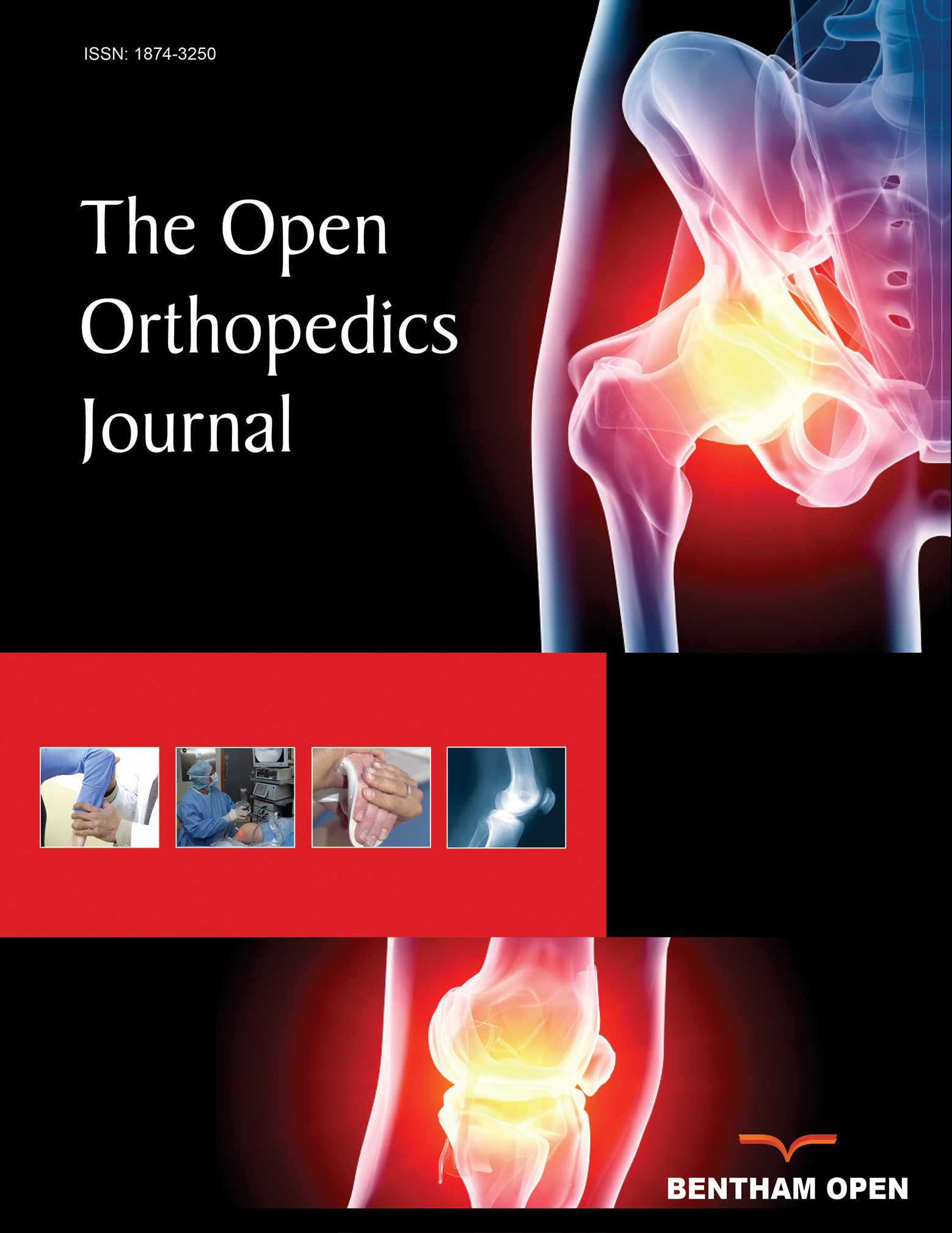All published articles of this journal are available on ScienceDirect.
Pharmacological Interventions Including Medical Injections for Neck Pain: An Overview as Part of the ICON§ Project
Abstract
Objectives:
To conduct an overview (review-of-reviews) on pharmacological interventions for neck pain.
Search Strategy:
Computerized databases and grey literature were searched from 2006 to 2012.
Selection Criteria:
Systematic reviews of randomized controlled trials (RCT) in adults with acute to chronic neck pain reporting effects of pharmacological interventions including injections on pain, function/disability, global perceived effect, quality of life and patient satisfaction.
Data Collection & Analysis:
Two independent authors selected articles, assessed risk of bias and extracted data The GRADE tool was used to evaluate the body of evidence and an external panel provided critical review.
Main Results:
We found 26 reviews reporting on 47 RCTs. Most pharmacological interventions had low to very low quality methodologic evidence with three exceptions. For chronic neck pain, there was evidence of:
- a small immediate benefit for eperison hydrochloride (moderate GRADE, 1 trial, 157 participants);
- no short-term pain relieving benefit for botulinum toxin-A compared to saline (strong GRADE; 5 trial meta-analysis, 258 participants) nor for subacute/chronic whiplash (moderate GRADE; 4 trial meta-analysis, 183 participants) including reduced pain, disability or global perceived effect; and
- no long-term benefit for medial branch block of facet joints with steroids (moderate GRADE; 1 trial, 120 participants) over placebo to reduce pain or disability;
Reviewers' Conclusions:
While in general there is a lack of evidence for most pharmacological interventions, current evidence is against botulinum toxin-A for chronic neck pain or subacute/chronic whiplash; against medial branch block with steroids for chronic facet joint pain; but in favour of the muscle relaxant eperison hydrochloride for chronic neck pain.


